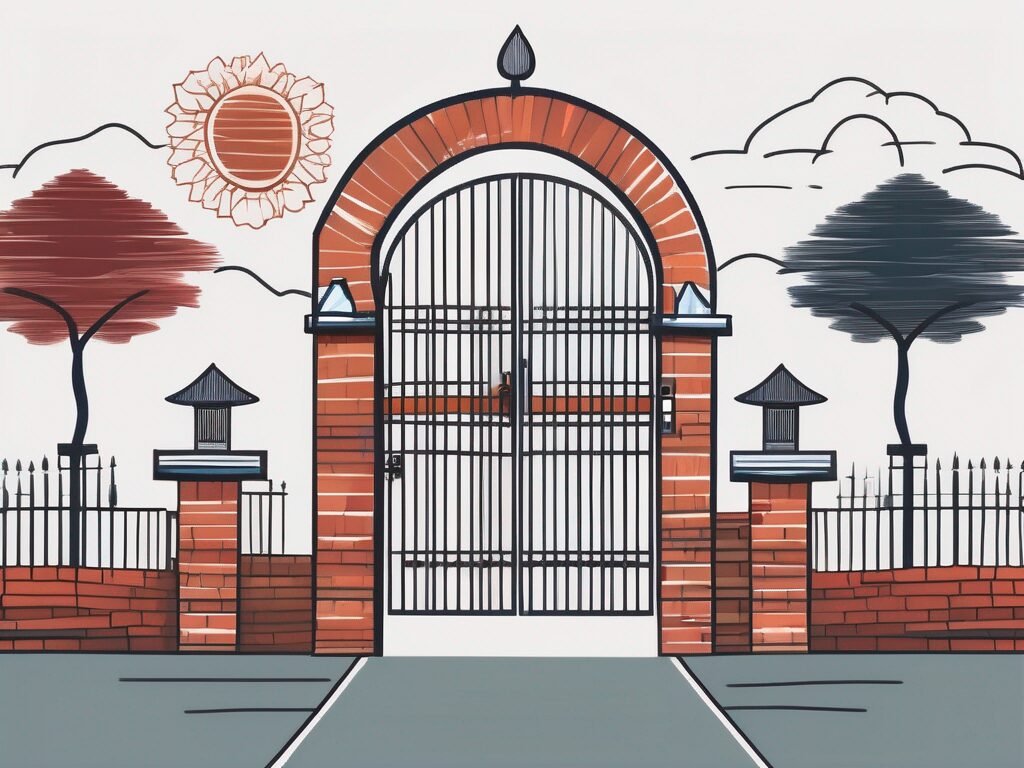What is the Difference Between a Teacher and a Pedagogue?
In the world of education, the terms “teacher” and “pedagogue” are often used interchangeably, yet they represent distinct roles with unique approaches to education. Understanding these differences is crucial for aspiring international educators aiming to excel in diverse educational environments. In this article, we will explore the nuances between a teacher and a pedagogue, and how this knowledge can enhance your international teaching career.
Why is it Important for Aspiring International Teachers?
As the demand for qualified educators in international schools continues to rise, understanding the difference between a teacher and a pedagogue can provide a competitive edge. According to recent job market trends, schools are increasingly seeking educators who can adapt to various teaching philosophies and methodologies. This flexibility not only broadens your job prospects but also enriches your teaching practice.
Key Skills or Qualifications Required
To thrive as either a teacher or a pedagogue, certain skills and qualifications are essential:
- Adaptability: The ability to adjust teaching methods to suit different learning environments.
- Cultural Competence: Understanding and respecting diverse cultural backgrounds.
- Pedagogical Knowledge: A deep understanding of educational theories and practices.
- Communication Skills: Effectively conveying information to students and colleagues.
Steps to Get Started
Embarking on a career as a teacher or pedagogue involves several key steps:
- Obtain Relevant Certifications: Consider programs like the International Qualified Teacher Status (iQTS) to enhance your credentials.
- Gain Experience: Seek opportunities to teach in diverse settings to build a versatile skill set.
- Engage in Continuous Learning: Stay updated with the latest educational research and methodologies.
Challenges and How to Overcome Them
While pursuing a career in international education, you may encounter challenges such as cultural differences and varying educational standards. To overcome these, consider the following strategies:
- Network with Peers: Connect with other educators to share experiences and solutions.
- Participate in Professional Development: Attend workshops and seminars to enhance your skills.
- Seek Mentorship: Find a mentor who can provide guidance and support.
Best Practices and Tips for Success
To succeed as a teacher or pedagogue, consider these best practices:
- Embrace Lifelong Learning: Continuously seek knowledge to improve your teaching practice.
- Foster a Positive Learning Environment: Create a classroom atmosphere that encourages student engagement and curiosity.
- Reflect on Your Practice: Regularly assess your teaching methods and make necessary adjustments.
Conclusion
Understanding the difference between a teacher and a pedagogue is essential for aspiring international educators. By acquiring the necessary skills, overcoming challenges, and implementing best practices, you can enhance your teaching career and make a significant impact in the field of education.
Want to become a teacher in a Tier 1 international school? Join the course here.

